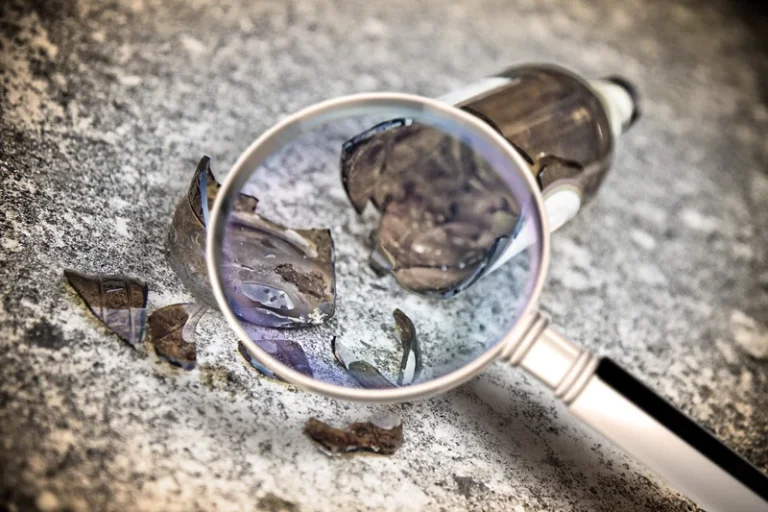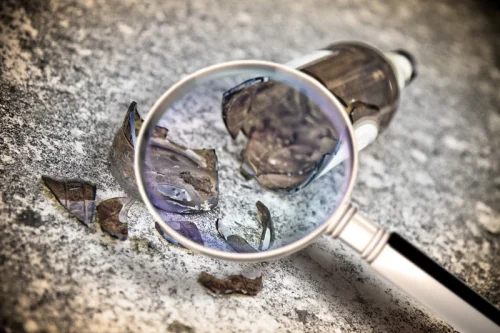
Alcohol intake significantly increases the risk of hypoglycemia (low blood sugar levels). If your diabetes is already well under control, a moderate amount of alcohol may be fine either before, during or soon after a meal. When you have alcohol, it may take some time to figure out the foods that work best for you.
What are the recommended alcohol guidelines for people with diabetes?
Some alcohol, red wine in particular, may even offer health benefits, not that that means you should take up drinking. This article discusses how alcohol can impact diabetes and related conditions and offers tips for safe drinking. For people new to the intersection of alcohol and diabetes, it’s advisable to have a friend or family member who knows diabetes to check in with. This person should also know the signs of hypoglycemia and what to do if their friend or loved one needs assistance. A 2015 meta-analysis reviewed 38 cohort studies to determine whether alcohol is a risk factor for diabetes.

General Health

Low carbohydrate and low-alcohol drinks may be better than standard alcohol, but the dangers still need to be considered. Often alcohol is mixed with fizzy, sugary drinks that can impact on blood sugars. Each person will have a slightly different reaction to alcoholic drinks so it’s well worth using blood tests to check how your body responds to it. Avoid drinking on an empty stomach, as this will quickly increase the amount of alcohol in your bloodstream. Also avoid binge-drinking or sustained drinking, and never substitute alcohol for your meals. Although alcohol does have an effect on blood sugar levels, with a few precautions and careful management, people with diabetes can also enjoy a drink.

Can Alcohol Cause Diabetes?
- Drinking less—as any healthcare professional will tell you—is better.
- Because even moderate alcohol consumption can adversely many aspects of health, the negatives seem to outweigh the positives.
- Over time, you’ll form a team of others who will be there to support you, no matter what.
- Each person will have a slightly different reaction to alcoholic drinks so it’s well worth using blood tests to check how your body responds to it.
- If you have both type 1 or type 2 diabetes and drink alcohol you may be at a heightened risk for diabetes complications.
Timing may also be an issue, as hypoglycemia can strike hours after your last drink, especially if you’ve been exercising. Drinking just gets more complicated when you consider the immediate impact that “carby” beverages have on your blood sugar levels. That means that you’re just as likely to have blood sugar issues the morning after drinking.
- These are the reasons why drinking alcohol as a person with diabetes can be very dangerous.
- Seizures, or even death, can occur with rapid and severe drops in blood sugar.
- ALWAYS consume alcohol with a meal or snack that contains carbohydrates.
- They can help you change any potentially harmful drinking patterns and answer questions about drinking as safely as possible.
- As the name of these drinks implies, people typically serve them after a meal.
In most cases, people with type 2 diabetes can drink alcohol in moderate amounts. As you may well know, living with type 2 diabetes often means cutting out or cutting back on foods and beverages that can affect sugar (glucose) levels in the blood. It is particularly important to be mindful of low blood glucose.
Your “drinking with diabetes” checklist

Alcohol can cause blood glucose levels to rise or fall, depending on how much you drink. Some diabetes pills (including sulfonylureas and meglitinides) also lower blood glucose levels by stimulating the pancreas to make more insulin. Combining the blood-sugar-lowering effects of the medication with alcohol can lead to hypoglycemia or “insulin shock,” which is a medical emergency. It addresses some of the risks as well as some of the benefits of drinking alcohol when you have type 2 why cant diabetics drink alcohol diabetes.
- Always consult with a healthcare provider about any changes to diet or lifestyle so they can help monitor the body’s response.
- The short answer is yes, but anyone living with diabetes should be mindful if they are going to drink.
- Taking these medicines doesn’t necessarily mean you can’t drink at all.
- Drinking alcohol can reduce your liver’s ability to regulate the release of carbohydrates into your bloodstream.
